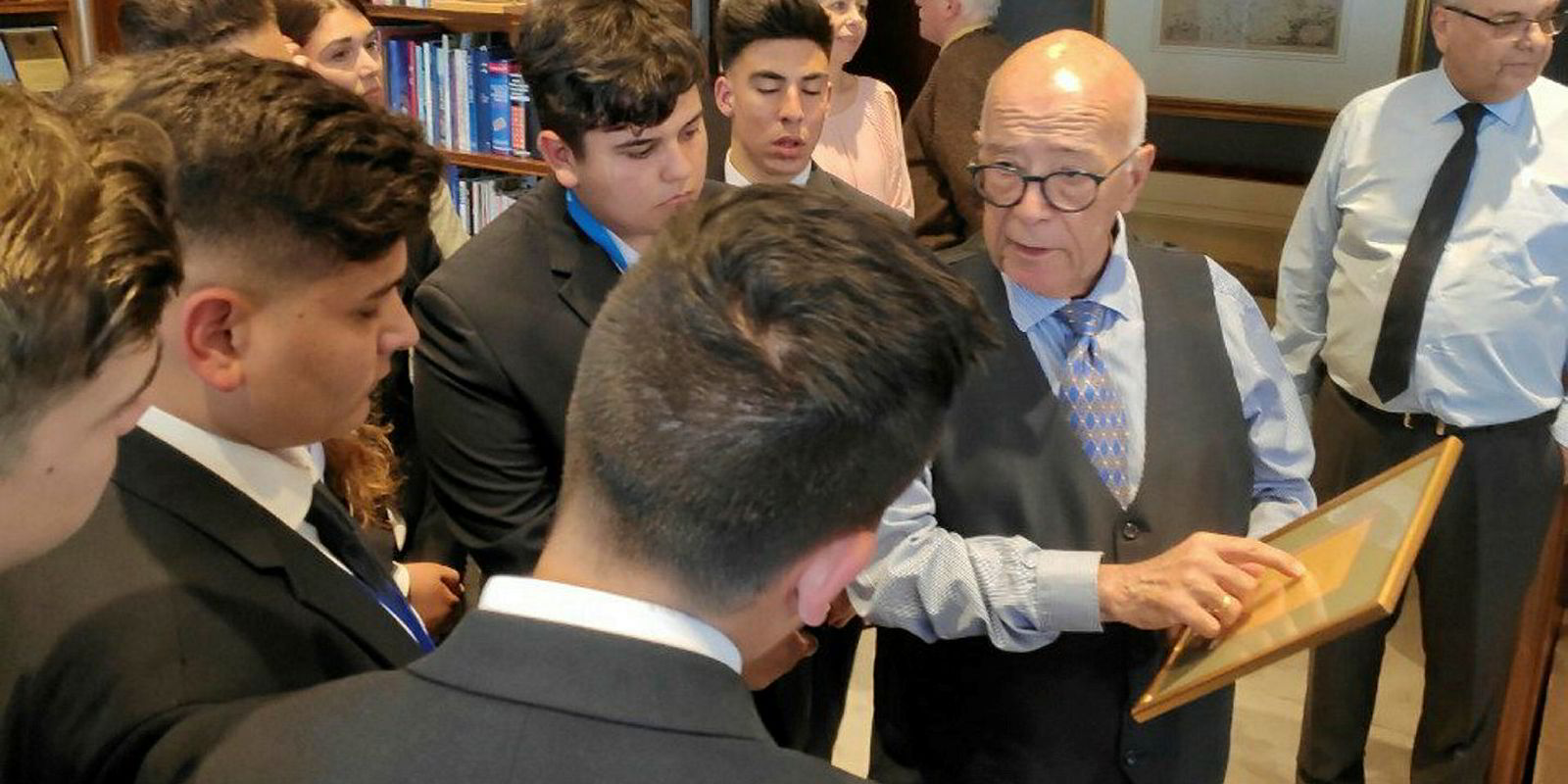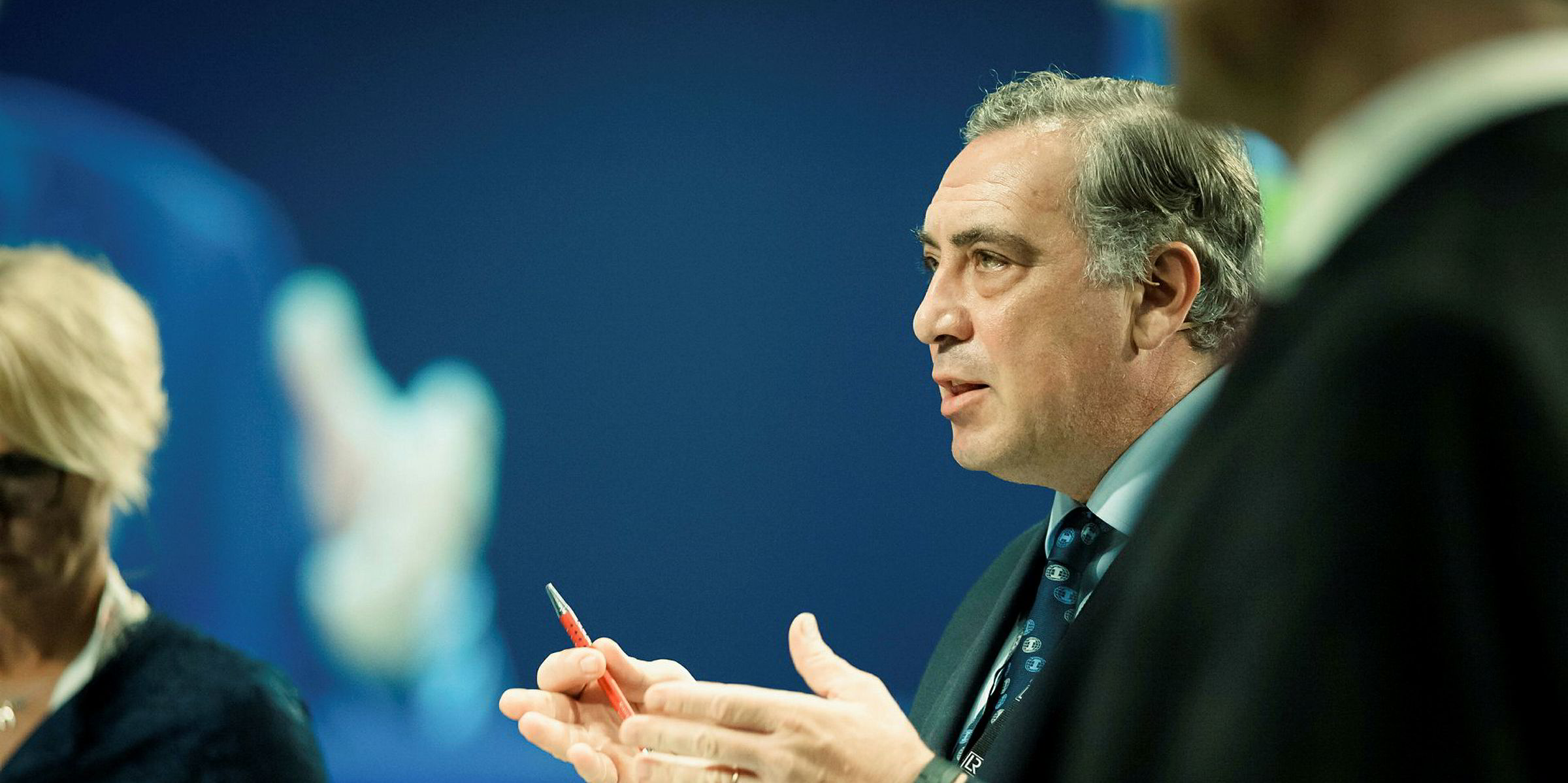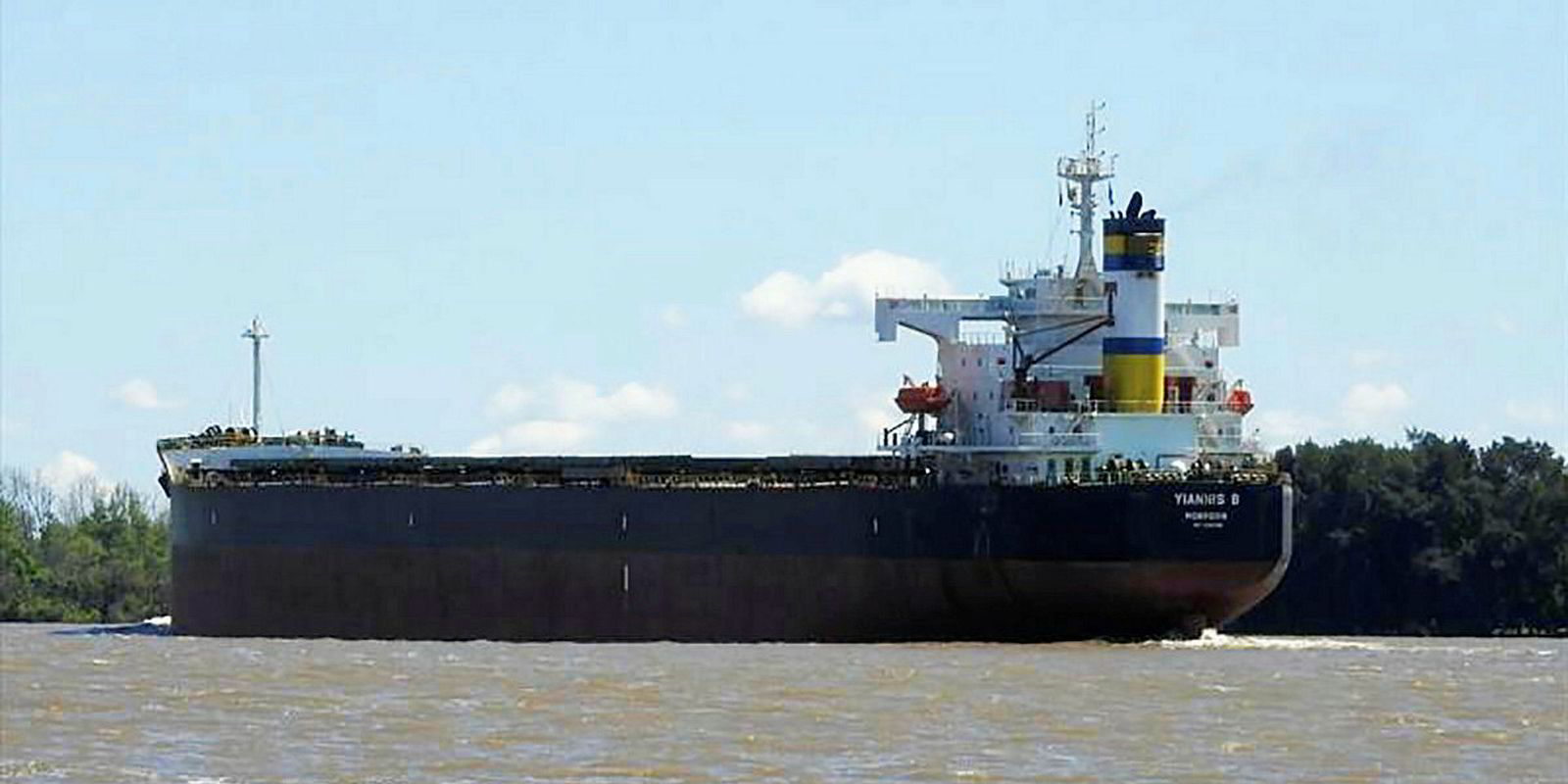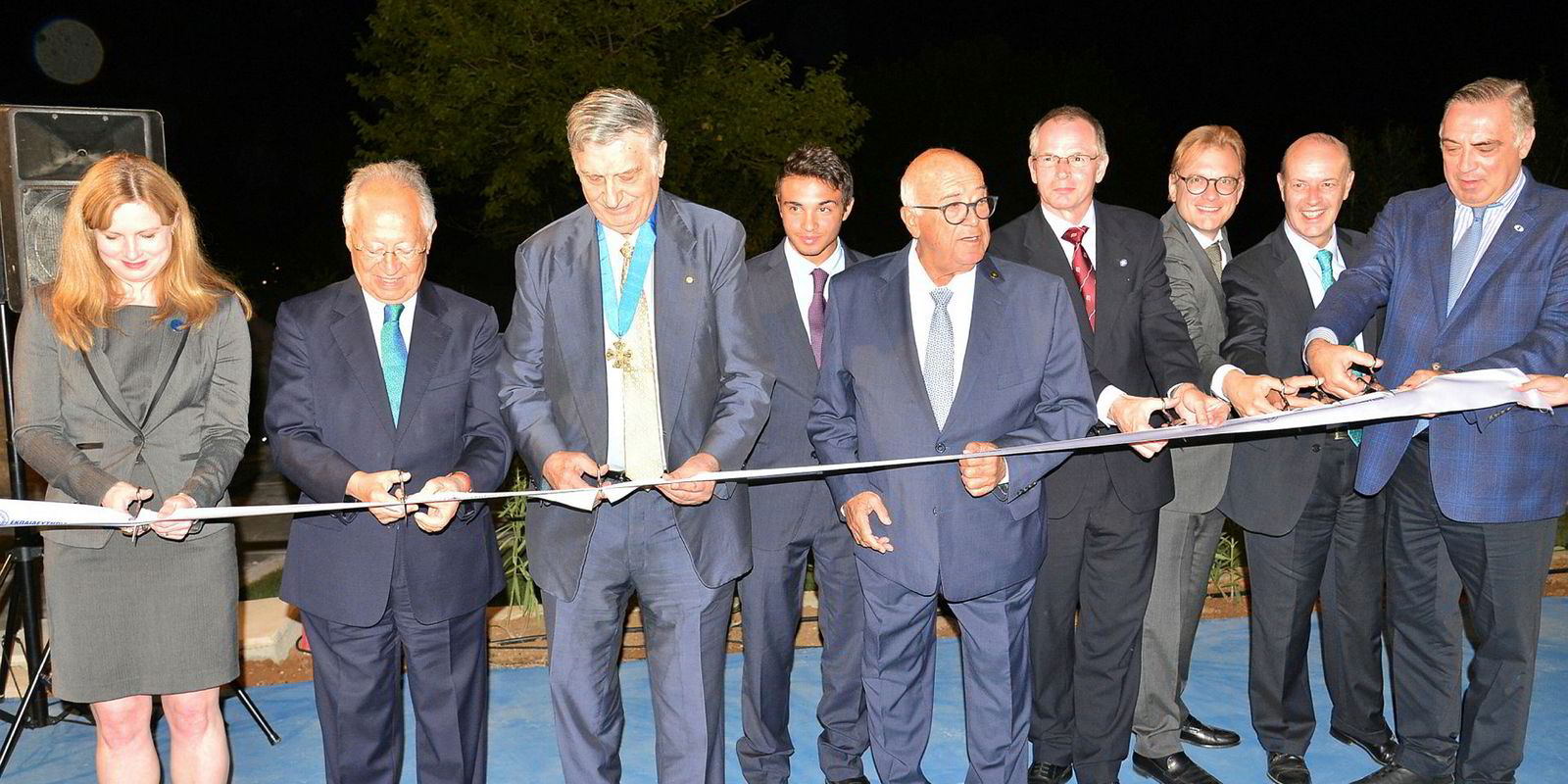One of the most intriguing efforts to revive Greece’s maritime traditions is unfolding on the island of Chios.
Nineteen teenagers on the island have been receiving their first lessons in everything a budding seafarer will need to know: navigating by the stars, reading nautical maps, role-playing as a crew and steering vessels on state-of-the-art simulators.
The instruction takes place in a new high school — up and running since September last year — in an unassuming two-floor building on the outskirts of the island’s main town, also called Chios.
TEENS, shorthand for Tsakos Enhanced Education Nautical School, is the brainchild of Captain Panagiotis Tsakos, a shipping tycoon born and raised on the island.
Opening doors
The private, non-profit institution is a unique initiative in Greece’s rigid education system. It also offers the rare example of a European shipowning group putting its own resources on the line to enhance maritime education for adolescents.
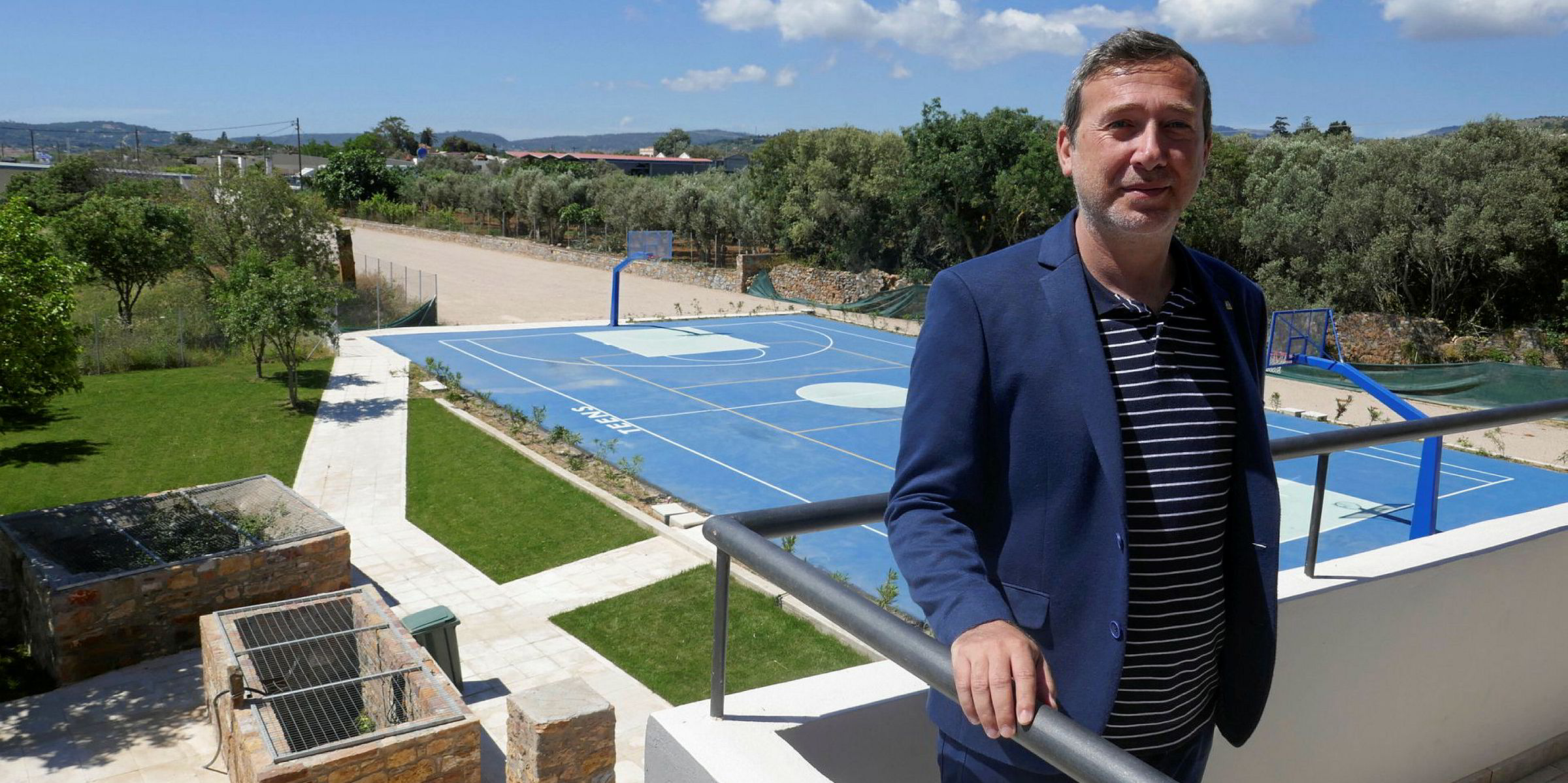
“The whole point is to open shipping’s doors to 15 year olds,” says a member of the Tsakos group, which designed and implemented the project in just eight months, under the auspices of the Maria Tsakos Foundation.
In the mornings, students are taught standard high-school curriculum subjects, such as literature and natural sciences.
Maritime-related courses are taught in the afternoons. These include sessions on simulators, an introduction to bearings and lessons in maritime English.
Quite unusually for a Greek school, Spanish and Chinese are offered as optional foreign languages.
While occasional sailing and boat trips — some of them on a Tsakos sailing boat — provide for practical, hands-on experience.
Earlier this year, students at TEENS successfully gave a master a hand in berthing a ferry, which they had practised on a simulator. Some of them composed a rap song to mark the experience.
Out of about 1,000 students entering the AENs each year, about half eventually drop out, failing to graduate with a certificate of competency as deck or engine office
TEENS will not directly produce masters, officers and engineers. In Greece, this remains the perogative of the state-run university system via its merchant marine academies, also known as AENs.
Feeder school
The idea behind the Tsakos school is to feed those academies with graduates who are familiar with nautical subjects, to make sure, once enrolled at an AEN, they stay the course.
Out of about 1,000 students entering the AENs each year, about half eventually drop out, failing to graduate with a certificate of competency as deck or engine officer.
Some drop out because they lack motivation, having joined an AEN almost accidentally as a result of Greece’s complicated and rather random system of university entry exams.
Others sign up because they have heard they can make good money as merchant marine officers, unaware of the hardships and skills a maritime career requires.
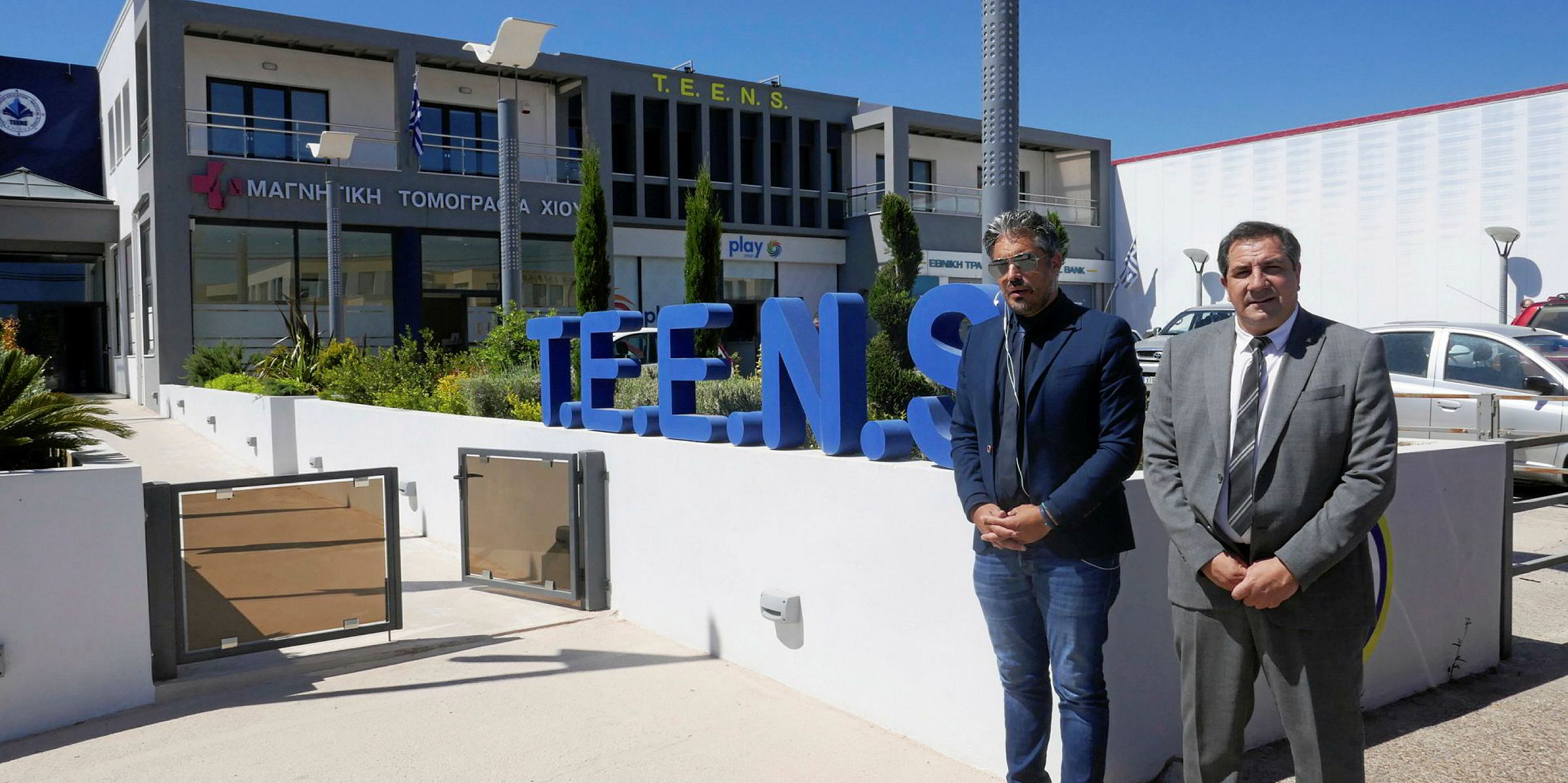
“Such students usually lose heart on the first onboard training trip,” says TEENS principal Captain Thanassis Karapoulios, himself an AEN graduate, who heads a team of 14 teachers. “Our students won’t quit.”
Such students usually lose heart on the first onboard training trip. Our students won’t quit
TEENS principal Captain Thanassis Karapoulios
Not all TEENS' graduates are expected to become merchant marine officers. However, familiarity with maritime subjects could eventually help ease them into shipping jobs if they go on to study other subjects, such as engineering or business administration.
If not us, who else?
“They will get a maritime stimulus, which can be reactivated at any point in their later lives,” another project participant says.
The concept behind TEENS is not entirely new. Greece’s state-run school system has been offering additional maritime subjects to adolescents for years, in a handful of nautical vocational high-schools, known as EPALs.
Two of those EPALs are on Chios and another is on the nearby islet of Oinousses. TEENS itself took the legal form of a private EPAL in order to obtain a licence from Greece’s The Ministry of Education, Research and Religious Affairs.
However, state-owned EPALs are dogged by the same problems befalling all other state-run education facilities in Greece: a lack of resources, bureaucracy, outdated curricula and rote, theoretical learning.
TEENS, by contrast, draws multiple benefits from its direct link to the Tsakos Group. It helps the school keep its ear close to the ground and adjust courses to latest shipping developments and requirements.
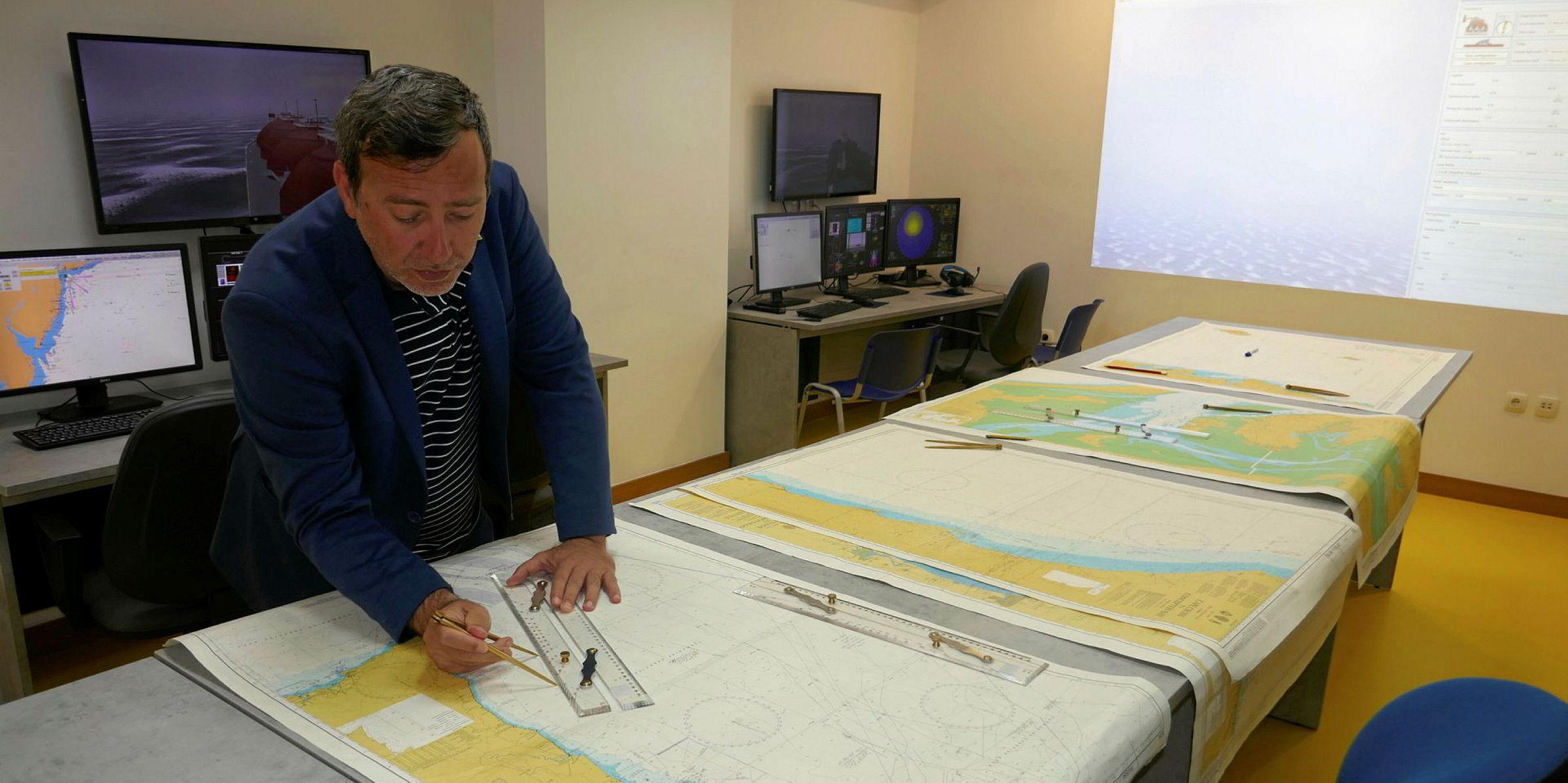
At 18, TEENS’ alumni can also sign up for a two-year seaman service programme that is served on Tsakos ships. This enables students to enter the AENs, bypassing mandatory university entry exams.
“If we didn’t set up TEENS, who else would?” says one of the employees participating in the project.
Most of the 60 students enrolled to join next year are financially supported by grants from the Maria Tsakos Foundation or through student loans
TEENS' students can expect to eventually find work at the Tsakos Group. Many of them met Captain Panagiotis Tsakos last year, when the 80-year-old founder visited the school, taking a seat on the bench like a pupil to follow the classes and exchange views with students.
Nurturing pupils
One collaborator says Tsakos envisioned the school “as a place that will illuminate, prepare and nurture our pupils from the tender age of 15 to transform them, one day, to the leaders that Greek shipping needs”.
First evidence suggests that TEENS indeed helps spread shipping traditions and seamanship. About two-thirds of its students come from families without a maritime background. One-third are girls.
The school is currently preparing facilities to host students from outside Chios from next year.
Most of the 60 students enrolled to join next year are financially supported by grants from the Maria Tsakos Foundation or through student loans that will be paid back after graduates finish their studies.
However, as TEENS gradually reaches its capacity of about 100 students, tuition fees of some €6,000 ($6,700) per year will assume a greater role in its funding.
A more direct way to boost the number of Greek merchant marine officers, engineers and masters would be to set up private AENs.
Discounting drop-outs and those graduates who eventually join the coastguard or ferry companies, state-run marine academies produce only about 500 cadets each year — far too few to cover the needs of Greece’s expanding oceangoing shipping industry.
Beyond Chios
However, private universities or AENs are not currently allowed under Greek law. A constitutional change to allow private universities would certainly see Greek shipowners helping to set up private marine academies.
About 100 youngsters from Chios left the island last year to study at merchant marine academies in Cyprus. This is ironic, given that Greek AENs are reserving places for Cypriot students as part of the special relationship between the two countries.
“This doesn’t make sense and it hurts our pride as Chiots,” one local says.

